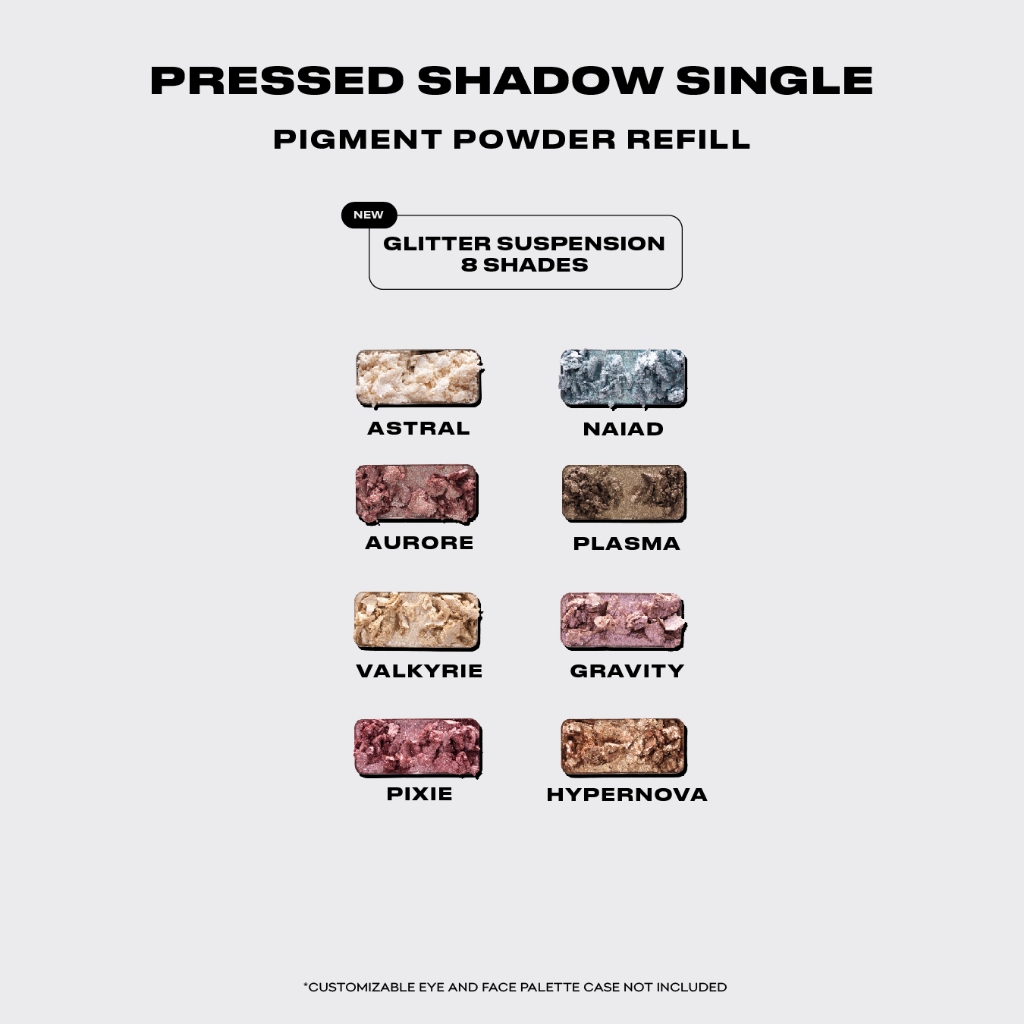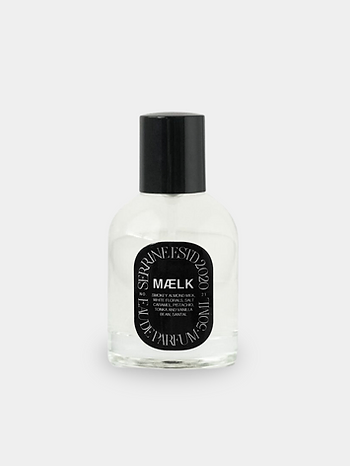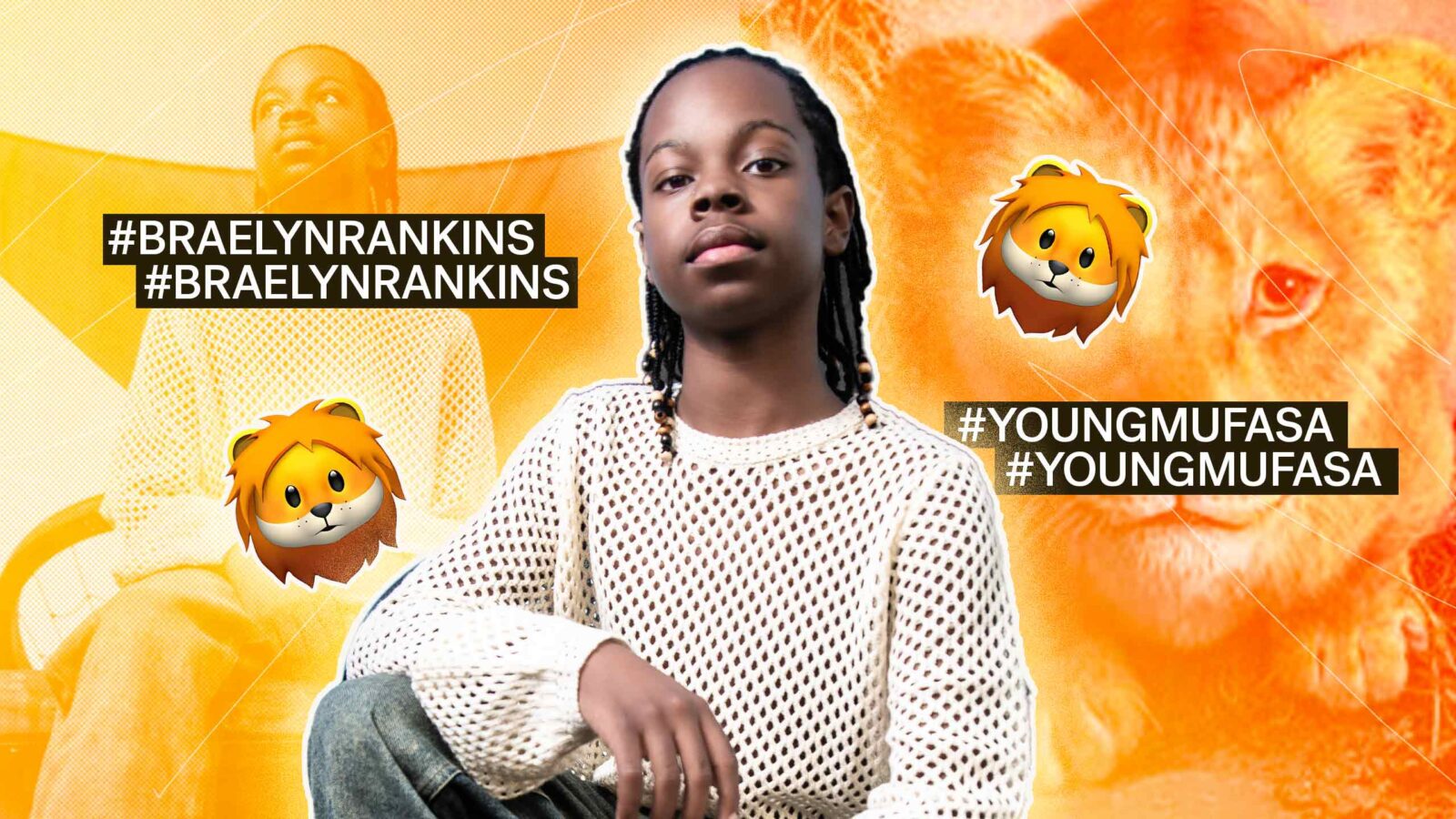These content creators deserved a follow with how they made our year so much better.
Related: Russco Jarvina And Sophia Margarette To Is The TikTok Crossover We Never Expected
In the era of microtrends, brain rot content, and AI slop, there’s no better time to appreciate a good (human) content creator. These are things we used to take for granted but more and more we are seeing that nothing really beats a content creator who’s locked in and knows what to give their audience. And that’s exactly the vibe we got from these creators this past year. From old favorites to new discoveries, these content creators entertained whenever they would pop up on our feeds simply by being themselves or showing off their special talents. Check out the content creators and personalities who we thought won 2024 below.
ARMANSALON
@scarlette_macasusi ♬ original sound – ARMANSALON
Jusko po! Arman Salon has been everywhere on social media these days, and as he should. The salon owner from Rodriguez, Rizal has a passion for acting, and it shows in his content, with viral TikTok clips of his dramatic acting skits making the rounds online. Lowkey mother is showing the girls how it’s done, and it isn’t just for show as Arman is a true cinephile who we wouldn’t mind seeing on the big screen soon. The fact that he got to meet and act alongside actors like Nadine Lustre, Barbie Forteza, and Vilma Santos shows that Arman is ready for his big break.
CHLOE SAN JOSE
@chloeanjeleigh all for HIM 🥇☝🏻@Carlos Yulo #parisolympics2024 ♬ pinoy pride – Miko
Catch us enrolling in Chloe San Jose’s Ignoring The Haters 101 class next year. Before the 2024 Paris Olympics, Chloe was mostly known as a content creator, singer, and her goals of a relationship with gymnast Carlos Yulo. But after the Olympian won his two gold medals, Carlos, Chloe, and their relationship were (unfairly) put under intense public scrutiny, with particular ire directed towards the content creator. But did all that attention and hate get to Chloe? You bet not. The outspoken content creator paid her haters dust, and when she did clap back, she was armed with fire responses. Chloe won the 2024 IDGAF wars, and we hope to be as unbothered as her one day.
ESNYR
@esnyrrr EKSENA TUWING HELLWEEK!
♬ original sound – Esnyr
While most have come to know Esnyr for his TikTok skits, 2024 was the year he made it known that he was a rising creative comedic force to watch out for. If he isn’t making us laugh with his late-night TikTok lives or his scene-stealing roles in his acting projects, Esnyr is breaking the internet with his High School skit series on YouTube. It was one of the digital events of the year as many waited months for each new episode to drop. But what’s impressive about Esnyr, aside from the fact that he’s effortlessly funny, is how the series is a testament to Esnyr’s craft, talent, skill, and dedication both on and off cam. Esnyr did that!
ICE NEO
@iceeneoo isang kilong vibrato #awa #DANAS #pureza #awanalangsana #kalbaryo #pup #stamesa #pureza #asim #baho ♬ DANAS – follow me on ig @iceeneoo
Social media was, is, and should still be a place where self-expression and the freedom to be who you want reign supreme. There’s no need to form a personality based on the week’s microtrends as people will follow you for being your true self. Just look at Ice Neo. The viral nepo baby (their father is a celebrity hairdresser) has grown their followers by the tens of thousands this year thanks to being a trendsetter unlike any other. From fit check videos that helped popularize the “Ang Sapatos” trend, popularizing the word “danas”, one-of-a-kind fits, and a dash of niche pop culture references, Ice is the queer, chronically online college student content creator we needed this year.
JENNY CHUA
@edssue.jennychua Hala hindi ako kain Sunflower seeds🥹
♬ 原聲 – EDSSUE.Store
TikTok selling and live sellers have been all the rage this year, and Jenny Chua has stood out in a crowded field for all the right reasons. She and fellow content creator Patricia “Perlas” Funtanares (more on her later) went viral earlier this year for their TikTok lives where Perlas guessed the price of the item Jenny was selling. And it also doesn’t hurt that Jenny was going viral during the height of the Alice Guo saga. She gets kanal humor to a T and even if Jenny was selling tissues, we’d still be watching because her OA levels are too good to ignore.
KWEEN YASMIN
@kweenyasmin spoken word poetry: Selos
♬ original sound – Min Asistido
You know you’re that girl when you become a meme just at the start of the year. That was the case for Kween Yasmin, who extended her reign as one of our fave content creators when she went viral for her Esophagus Esophagus spoken poetry back in January. If you think about it, she helped give Filipino spoken poetry a moment in pop culture for the new generation. We know Jose Rizal is smiling.
MS CATERING
@ms.catering1021 hahaha wag ako mare gusto ko ma stress kapa🤣
♬ original sound – Ms.Catering💎
Our nonchalant queen. With her signature voice tone and funny af punchlines, Ms. Catering is a comedy star on the rise. What we love most about Ms. Catering is how she’s so effortless with her comedy. She doesn’t need to do much when it comes to her jokes, comebacks, and delivery to get us laughing, and we love that for her.
PATRICIA FUNTANARES
@perlas344 HINDI KOPO KAYO SASAKUPIN
♬ Putang Ina Mo – Mikerapphone
Like Jenny Chua, Patricia “Perlas” Funtanares initially went viral for her unbeatable TikTok lives as more and more people saw how fun and charismatic she is. It’s this outgoing personality that has helped Perlas be a TikTok fave this year, and get noticed for other opportunities, such as being signed to Cornerstone and being friends with other popular content creators like Vrix Gallano, Christian Opao Martinez, and Niko Badayos.
PAUL ALLEN
@kundoljenner ♬ original sound – KYARA
We know a baddie when we see one. This 2024, Paul Allen was all over our feeds with his viral clips and comedic skits that are the intersection of OA and slay. A queen never cries, or, in Paul’s case, never fails to serve face card. And speaking of face card, Paul’s success wasn’t just limited to TikTok as he also secured a campaign partnership with GRWM Cosmetics. We love to see it.
QUEEN DURA
@queendura07 grabe ka talaga self hays #queendura👑 ♬ original sound – QUEENDURA👑
Si self pala ‘to. Say what you want, but Kelvin Fulgenio, more popularly known as Queen Dura, is a Gen Z fave for a reason. With her signature humor, growing stable of memes, and the ability to go viral every 3-5 business days, Queen Dura stays winning with how she captures the cultural zeitgeist with her content and slang. Bonus points as well for his friendship with Fhukerat, another content creator who’s worth a follow.
Continue Reading: 6 Things To Know About Student Content Creator Luis Arroyo
















































